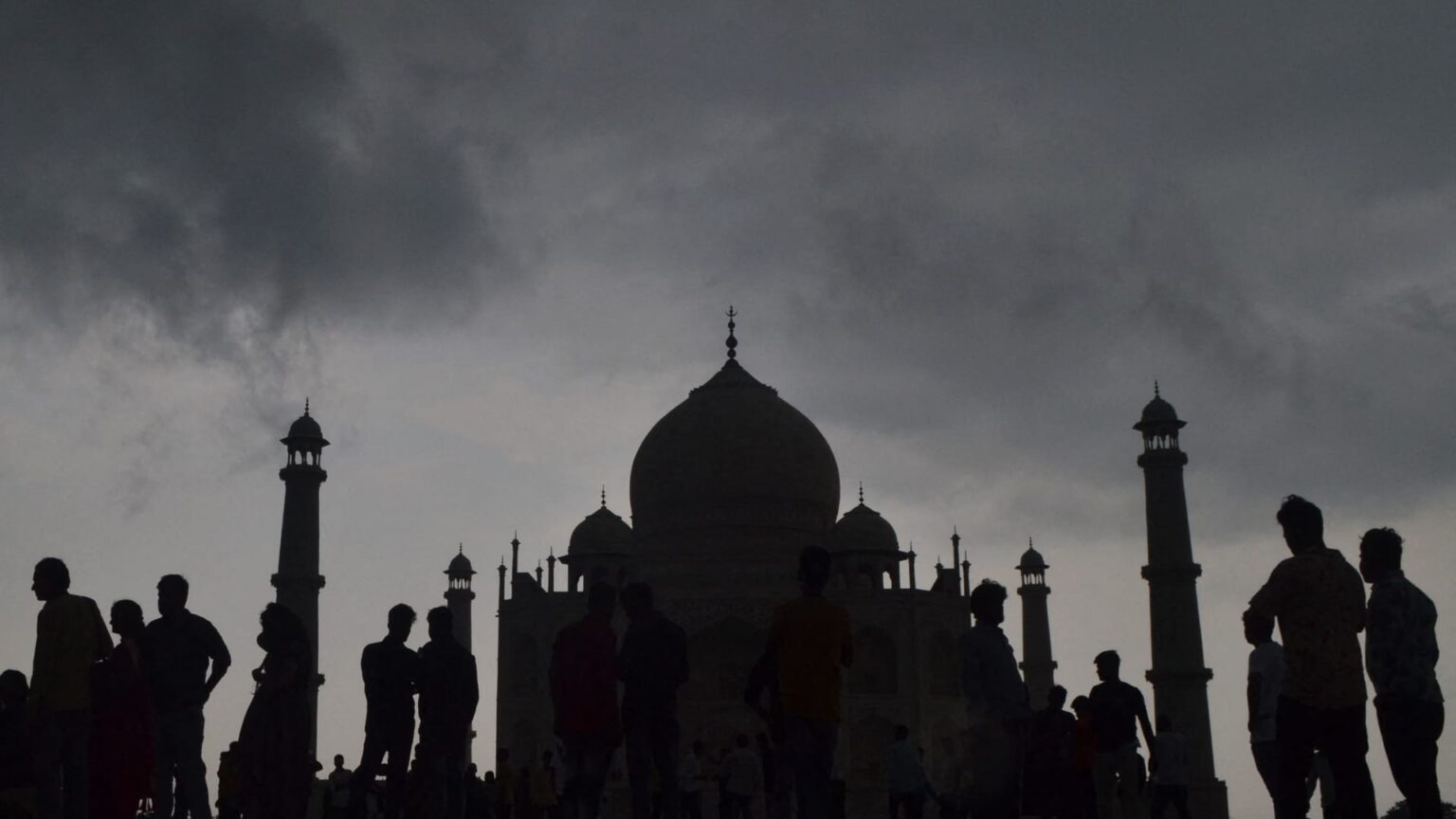India expelled a senior Canadian diplomat on Tuesday, slamming “absurd and motivated” claims that New Delhi had a part to play in an extra-judicial slaying of a Sikh activist in Canada.
Canadian intelligence agencies have been actively pursuing credible links between Indian government agents and the murder of a Canadian Sikh community leader Hardeep Singh Nijjar outside a Sikh cultural center in British Columbia, Prime Minister Justin Trudeau told a parliament seating in Ottawa Monday.
Nijjar, a strong supporter for an independent Sikh homeland named Khalistan, was killed on June 18.
“Such unsubstantiated allegations seek to shift the focus from Khalistani terrorists and extremists, who have been provided shelter in Canada and continue to threaten India’s sovereignty and territorial integrity,” India’s Foreign Ministry said in a statement. “The inaction of the Canadian Government on this matter has been a long-standing and continuing concern.”
In retaliation, India expelled a senior Canadian diplomat after summoning Canada’s High Commissioner to the country, the foreign ministry said. This came just hours after Foreign Minister Melanie Joly announced that Ottawa had expelled a top Indian diplomat.
“Canada has declared its deep concerns to the top intelligence and security officials of the Indian government,” Trudeau said Monday. “Any involvement of a foreign government in the killing of a Canadian citizen on Canadian soil is an unacceptable violation of our sovereignty.”
While Canadian leaders stopped short of explicitly accusing India, they urged Indian authorities to fully cooperate in the investigations, with Joly emphasizing that Canada “will not tolerate any form of foreign interference.”
Australia said it was “deeply concerned” about Canada’s allegations, while the United Kingdom said it’s in close contact with its Canadian partners over the matter.
Diaspora tensions
Activism in Canada among some of its Sikh diaspora, which accounts for about 2% of its population, has been an issue of contention in bilateral ties between Canada and India.
It has complicated Ottawa’s attempts to deepen economic ties with the world’s most populous nation as part of its broader attempt to “de-risk” from China, along with its western allies.
Prior to the Group of 20 nations’ leaders’ summit two weekends ago, Ottawa had paused talks on a proposed trade treaty with Indian Prime Minister Narendra Modi’s Bharatiya Janata Party government.
While Canada views peaceful Sikh activism as part of free expression, India views Canada’s continued tolerance as an endorsement of Sikh separatism that it regards as an infringement of its domestic affairs.
India Foreign Minister Subrahmanyam Jaishankar had on June 8 condemned online video footage of a parade float in the Canadian city of Brampton that glorified violence and vengeance in its depiction of the 1984 assassination of Indian Prime Minister Indira Gandhi.
“That Canadian political figures have openly expressed sympathy for such elements remains a matter of deep concern,” India’s foreign ministry said Tuesday. “The space given in Canada to a range of illegal activities including murders, human trafficking and organized crime is not new.”
“We reject any attempts to connect Government of India to such developments. We urge the Government of Canada to take prompt and effective legal action against all anti-India elements operating from their soil,” India’s foreign ministry added.
Trudeau said he brought the issue to Modi’s attention “personally and directly … in no uncertain terms” when they met on the sidelines of the Group of 20 nations leaders summit in New Delhi last week.
In a readout after their meeting last week, Modi’s office said he conveyed India’s strong concerns about “continuing anti-India activities of extremist elements in Canada.”
He also said they were “promoting secessionism and inciting violence against Indian diplomats” and “threatening the Indian community in Canada and their places of worship.”
Read the full article here










